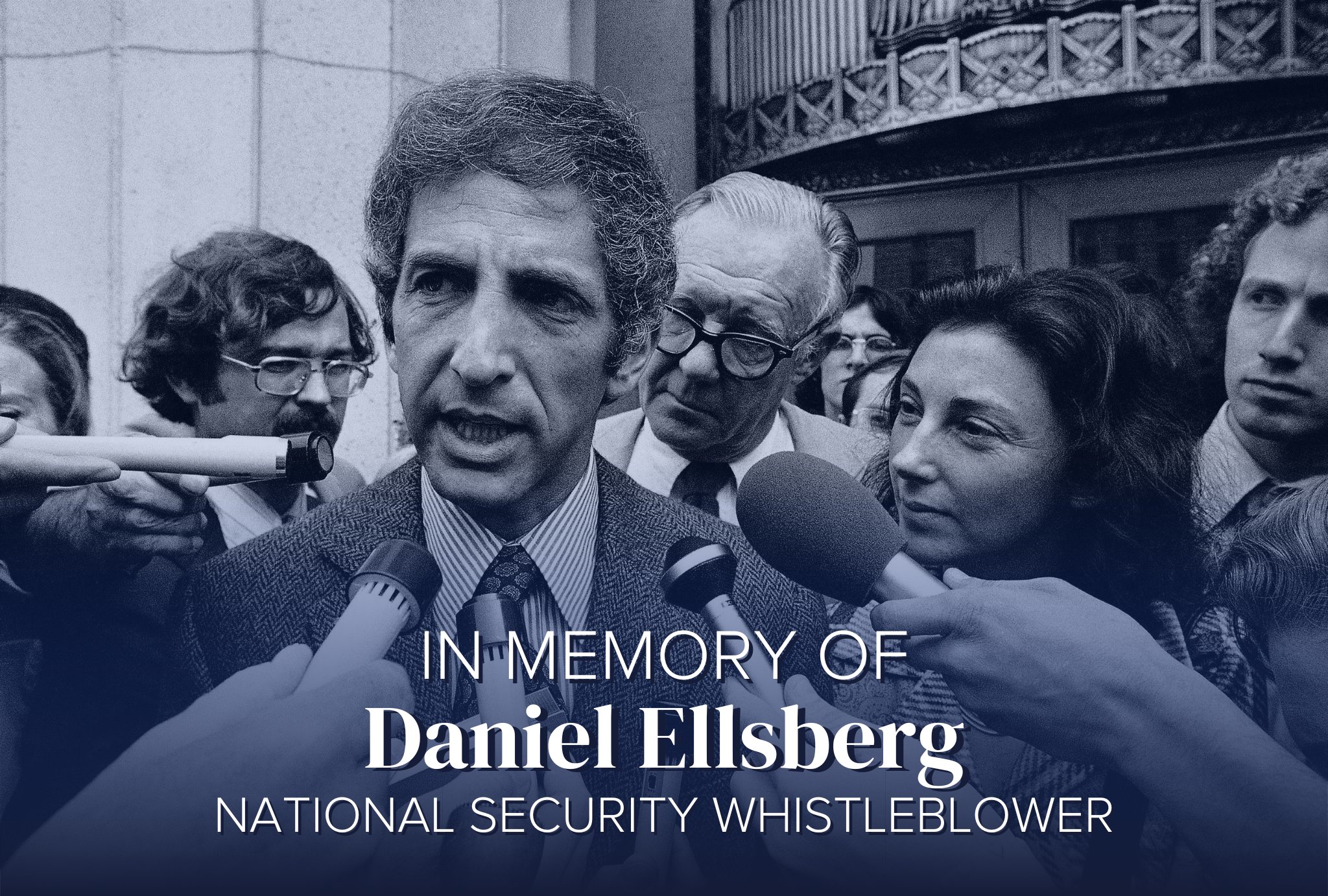Since 1988, our qui tam attorneys have helped high-ranking federal employees report government fraud, waste, abuse, and mismanagement of federal funds.
Government procurement fraud occurs when a company or contractor fraudulently manipulates, violates, or lies about the terms of a federal or state contract to gain a financial advantage. Frauds may include bribes, kickbacks, and bid-rigging, or false statements, offering substandard materials, or inflating bills for goods and services, among other tactics.
These frauds cost U.S. taxpayers hundreds of billions of dollars, further crippling the economy and damaging the integrity of our great nation. Fortunately, the government offers rewards and protection to whistleblowers who come forward to expose government procurement fraud. The False Claims Act qui tam provision covers fraud in all federal government procurement and spending, with a robust anti-retaliation provision.
The experienced qui tam whistleblower attorneys at Kohn & Kohn & Colapinto have a long history of successfully representing whistleblowers and assisting them in winning rewards. If you have knowledge of government contract fraud and need a whistleblower advocate to help you with your case, please contact us.
Qui Tam Whistleblower Eligibility
Any private citizens with knowledge of fraud against the United States can present their allegations to the government and file a lawsuit on behalf of the United States. This citizen, or whistleblower, referred to by the courts as a “relator,” is often an employee or other person with substantial inside information on the company or individual committing the fraud.
Merely informing the government about the violation is not enough. To be eligible to recover money under the False Claims Act, relators must file a qui tam lawsuit with the help of an attorney. An experienced qui tam attorney will help put together a complaint that describes the violation and how the fraudster is violating the law.
Any whistleblower who believes they may have original information covered under a reward law should carefully read Rules for Whistleblowers: A Handbook for Doing What’s Right (Lyons Press 2023), and seek professional legal advice from a reputable qui tam attorney.
Qui Tam Rewards
A qui tam whistleblower can receive between 15 and 30 percent of the total recovery the U.S. gets from the defendant. You only receive an award if, and after, the government recovers money from the defendant as a result of your suit. Violators of the False Claims Act are liable for three times the dollar amount that the government is defrauded and civil penalties of $10,781 to $21,563 for each false claim.
Also, under Section 3730 (h) of the False Claims Act, employees who are discharged, demoted, harassed, or discriminated against because of lawful acts by the employee in furtherance of an action under the FCA is entitled to all relief necessary to make the employee whole. This may include reinstatement, double back pay, or compensation for any special damages including litigation costs and reasonable attorneys’ fees.
Lastly, due largely in part to the success of the federal False Claims Act, 31 states have established similar versions of the False Claims Act including New York, California, and Virginia. Many of these state False Claims Act laws permit whistleblowers to recover a “finders’ fee” for reporting fraud in state, local, and municipal contracting.
Attorney Fees
Most whistleblower attorneys work for a contingency fee, which means the client does not pay any attorney’s fees. If the whistleblower loses their case, they do not owe the attorney any money. However, if the whistleblower wins the case, the contingency payment for the qui tam attorney is generally between 30% and 40% of the award.
Additional Resources
Whistleblower Guides
Frequently Asked Questions
Iconic Qui Tam Case

Bunnatine “Bunny” Greenhouse objected and exposed an illegal $7 billion no-bid Defense Department contract between Halliburton and the Army Corps of Engineers for the reconstruction of Iraq after the 2003 invasion.
Ms. Greenhouse, at the time, was the highest-ranking civilian-contracting official at the Army Corps of Engineers. She had chief responsibility for reviewing adherence to Pentagon rules intended to shield awards from outside influence and promote competition. Her disclosures cost her her career, but also resulted in significant reforms prohibiting no-bid contracts.
From Our Blog
Our Attorneys
Founding Partner
Washington, D.C.
Founding Partner
Washington, D.C.
Founding Partner
Washington, D.C.
Partner
Washington, D.C.






